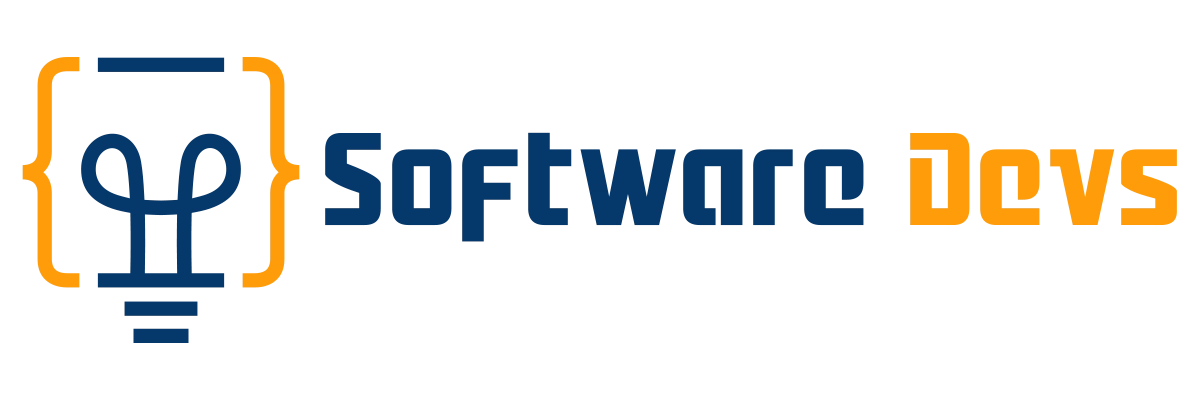When it comes to choosing the right digital properties for your organization, scalability is a crucial factor to consider. In a rapidly evolving landscape of digital experiences and content delivery networks (CDNs), businesses need to manage and store content effectively to ensure optimal web and app performance, conversion rates, and accessibility. In this blog post, we will explore the world of content management systems (CMS) and shed light on the benefits and considerations of both traditional and headless approaches.
The Power of Content Management Systems
In the fast-paced and ever-evolving digital realm, the ability to captivate audiences with timely and compelling content has emerged as a true game-changer. It’s no wonder that businesses worldwide are embracing content management systems (CMS) as the cornerstone of their content strategies. Acting as a powerful catalyst, a CMS drives the delivery of tailored content experiences that deeply resonate with users across a multitude of platforms. By harnessing its capabilities, organizations can seamlessly streamline content creation, management, and distribution, ensuring that the right message reaches the right audience precisely when it matters most. As we witness the global web content management market projected to skyrocket to a remarkable $14.2 billion by 2024, the transformative impact of CMS becomes increasingly undeniable and impossible to ignore.
The Traditional CMS Approach
Traditional CMS platforms like WordPress, Drupal, and Magento excel in user-friendly interfaces and straightforward functionality, making them popular choices for content management. However, as businesses strive for scalability and adaptability in the rapidly evolving digital landscape, the limitations of these platforms become evident. Integrating new delivery formats or advanced mobile functionality can pose challenges, limiting the long-term flexibility and potential for growth.
To overcome these limitations and unlock the full potential of their digital presence, businesses should consider exploring alternative solutions beyond traditional CMS. By embracing innovative approaches like headless CMS, organizations can future-proof their content strategies and ensure seamless integration with emerging technologies and channels.
Embracing the Headless CMS
Headless CMS offers a revolutionary approach by separating content creation and delivery. With a headless CMS, you can leverage dedicated tools for data authoring and organization while presenting content seamlessly across various front-end platforms. This enables greater flexibility, enhanced security, and improved performance, making it an ideal choice for omnichannel marketing and customized content integration.
Unlike traditional CMS platforms, a headless CMS empowers you to break free from limitations and embrace a future-ready content strategy. By separating the content from its presentation layer, you can adapt and evolve your digital experiences with ease. The versatility of a headless CMS allows you to reach your audience wherever they are, delivering personalized and engaging content across websites, mobile apps, social media, and more. With its ability to integrate with cutting-edge technologies and provide a dynamic content delivery, headless CMS opens up endless possibilities for your digital success.
Finding the Right Fit
Deciding between headless and traditional CMS depends on your specific requirements. Headless CMS offers unparalleled customization and integration possibilities, making it a preferred choice for companies with dedicated development teams. On the other hand, traditional CMS platforms like WordPress and Drupal provide simplicity and ease of use, making them suitable for web-focused businesses and those looking for plug-and-play solutions.
Conclusion
As the digital landscape evolves, selecting the right CMS solution becomes crucial for delivering optimal user experiences and future-proofing your website. Whether you choose headless or traditional CMS, consider factors such as content type, internal staff capabilities, agency involvement, and long-term maintenance. By making an informed decision, you can leverage innovative solutions to drive engagement, interactivity, and business growth.
Contact us for a consultation and discover the ideal CMS solution for your business needs.




